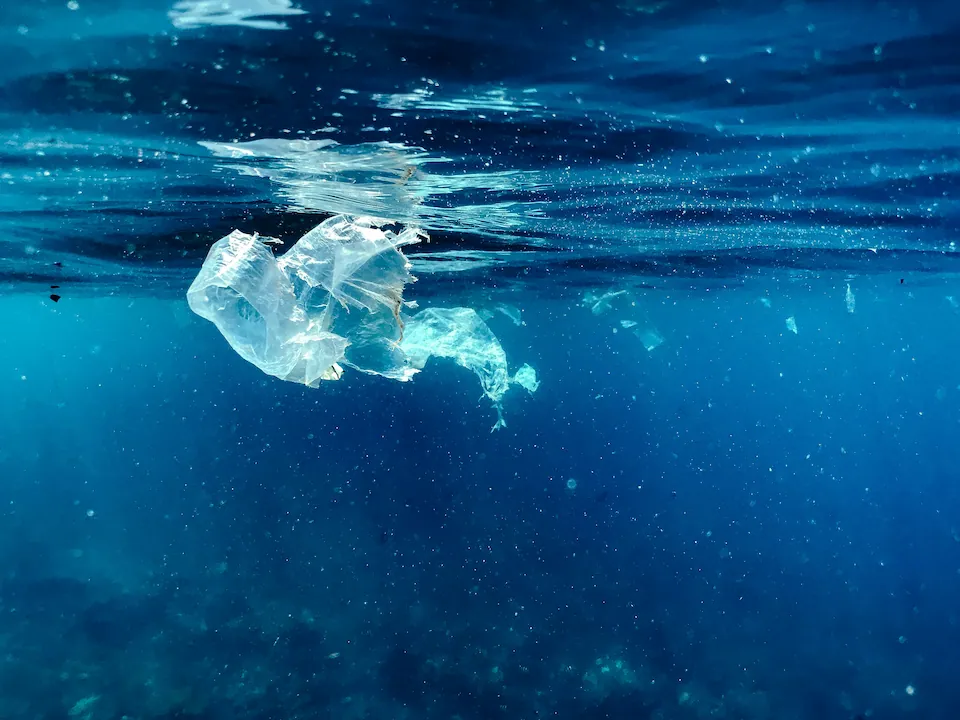 Plastic Pollution and Recycling
Plastic Pollution and Recycling

In 1992, amid the global discourse on environmental sustainability at the Earth Summit in Rio de Janeiro, Canada proposed the idea of a “World Ocean Day.” This initiative aimed to celebrate our shared ocean and raise awareness about its critical role in sustaining life on Earth. While the proposal didn’t immediately gain official recognition, it ignited a movement that would grow over the next decade.1
By 2002, organizations like The Ocean Project and the World Ocean Network began coordinating global events to promote ocean conservation. Their efforts culminated in 2008 when the United Nations officially designated June 8 as World Oceans Day, acknowledging the ocean’s significance and the need for its protection.2
Milestones in Ocean Advocacy
Since its official recognition, World Oceans Day has evolved from a day of awareness to a catalyst for action. Key milestones include:
- 2003: Launch of WorldOceanDay.org to support global event organizers
- 2012: Introduction of the theme “Youth: the Next Wave for Change,” emphasizing the role of young people in ocean conservation.
- 2016: Formation of the World Ocean Day Youth Advisory Council and a multi-year campaign to prevent plastic pollution.
- 2020: Initiation of the “30×30” campaign, aiming to protect 30% of the ocean by 2030.3
These milestones reflect a growing global commitment to not just celebrate the ocean but to actively engage in its preservation.
Global South: Leading the Charge
Communities in the Global South have been at the forefront of ocean conservation, often integrating traditional knowledge with innovative solutions:
- Sri Lanka: The Pearl Protectors, a youth-led organization, initiated the “Nurdle Free Lanka” campaign to address plastic pellet pollution. They also launched the “Pearl Protector Approved” certification to encourage businesses to eliminate single-use plastics.4
- Madagascar: The Velondriake community manages sea cucumber and seaweed aquaculture farms, providing alternative livelihoods and reducing fishing pressure. Their Blue Carbon initiative involves mangrove conservation, generating sustainable funding through carbon credits.5
- Ghana: The Ghana Youth Environmental Movement empowers young people to engage in environmental advocacy, leading campaigns against single-use plastics and promoting climate action.6
These initiatives demonstrate the power of community-led action in driving meaningful change.

Plastic Bank: Turning Waste into Opportunity
Plastic Bank aligns with the mission of World Oceans Day by addressing ocean and land pollution through a unique program that empowers communities. By contributing to a circular economy, Plastic Bank offers financial incentives to collection community members, turning plastic waste into a valuable resource.
This approach not only reduces plastic entering the ocean but also supports underserved communities by providing income opportunities. Individuals and businesses can contribute to this program by creating an account with Plastic Bank, making a tangible impact on reducing plastic pollution.
Charting the Course Ahead
As we look to the future, the focus of World Oceans Day continues to shift towards actionable solutions:
- Policy Implementation: Encouraging governments to adopt and enforce regulations that protect marine ecosystems.
- Community Engagement: Supporting grassroots initiatives that empower local populations to take ownership of conservation efforts.
- Education and Awareness: Promoting ocean literacy to foster a deeper understanding of the ocean’s role in our lives.
By participating in these efforts and supporting organizations like Plastic Bank, we can collectively work towards a cleaner and healthier ocean.
Join the Movement
World Oceans Day serves as a reminder of our shared responsibility to protect the ocean. By creating an account with Plastic Bank, you can be part of a global community committed to preventing plastic ocean and land pollution and supporting sustainable livelihoods. Together, we can turn the tide and work towards a vibrant future for our planet. Visit https://plasticbank.com/impact/
- “Why ocean matters,” United Nations, https://www.un.org/en/observances/oceans-day/background
- “What is world ocean’s day?,” United Nations, https://unoceans.un.org/unworldoceansday.org/about/index.html?
- Brianna Fruen, “Pacific Islanders are fighting to protect the ocean. Now the world must,” Reuters, May 29, 2025, too,”https://www.reuters.com/sustainability/society-equity/pacific-islanders-are-fighting-protect-ocean-now-world-must-too-2025-05-29/
- “Nurdle Free Lanka,” The Pearl Protectors, https://pearlprotectors.org/nurdlefreelanka/
- Kame Westerman, “Livelihoods and Phe in the Velondriake Locally Managed Marine Area in Madagascar,” Balanced Newsletter, June 2011, https://blueventures.org/wp-content/uploads/2021/03/Balanced_Newsletter_v1_3.pdf
- Ghana Youth Environmental Movement (GYEM), A Rocha Ghana, https://ghana.arocha.org/en/ghana-youth-environmental-movement-gyem






